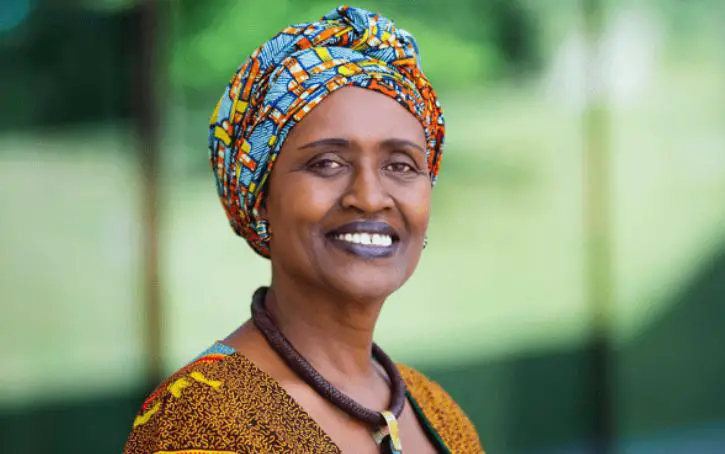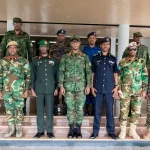Rwandans on Thursday Joined their counterparts across the globe to commemorate the World AIDS Day annually observed on December 1.
“Equalize access to rights, equalize access to services, equalize access to resources, equalize access to the best science and medicine,” says Winnie Byanyima, Executive Director of UNAIDS.
Byanyima called for world’s attention to a painful reality: “currently, we are not on track to end AIDS by 2030, and the reason is inequality,” she says, however, ” by equalizing, we can end AIDS.”
The situation in Rwanda shows that Prevalence of HIV among adults in Rwanda was 3.0%. This corresponds to approximately 210,200 adults living with HIV in Rwanda with more women (3.7%) than men (2.2%) living with HIV.
Prevalence of HIV among young adolescents (those aged 10-14 years) was 0.4%, corresponding to approximately 5,900 young adolescents living with HIV in Rwanda, for a total of 216,000 people living with HIV among those aged 10-64 years.
In sub-Saharan Africa, adolescent girls and young women are three times more likely to be infected with HIV than boys and men of the same age. The driving factor is inequality.
According to Byanyima, enabling girls to stay in school until they complete secondary education reduces their vulnerability to HIV infection by up to 50%.
“When we include comprehensive sexuality education and other measures for girls’ empowerment then their risk is reduced even further. That is why 12 African countries have come together in the Education Plus Initiative, supported by the United Nations to make this happen.”
The Executive Director of UNAIDS also says in her statement that discrimination against marginalised people is hurting the HIV response.
Globally, gay men and other men who have sex with men are 28 times more likely to be infected with HIV.
People who inject drugs have 35 times the risk, sex workers 30 times the risk, and transgender women 14 times the risk.
In South Africa, where same sex relationships are legal, gay men are 60% more likely to be living with HIV but in Uganda where gay men are criminalized, they are 240% more likely.
She said, “an inequality that breaks my heart is that against children living with HIV. With the science that we have today, no baby should be born with HIV and no child who has HIV should be without treatment. But today, while three quarters of adults living with HIV are on treatment, only half of children are. This is intolerable.”
“We will not allow this shameful and avoidable injustice to continue. That is why the United Nations, international partners, civil society and governments from the 12 countries with the highest burden have come together and formed the Global Alliance to end AIDS in Children. We are moving. Tanzania will host the official launch early next year.”








